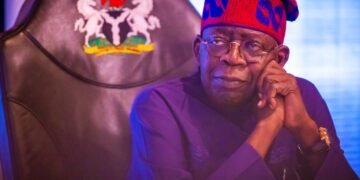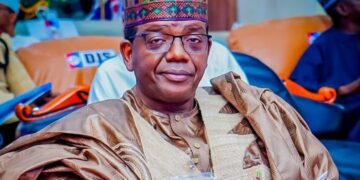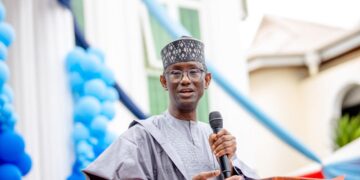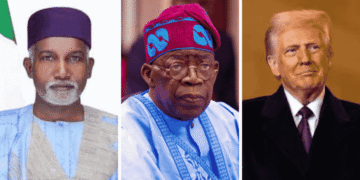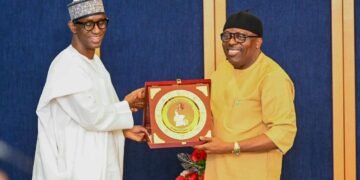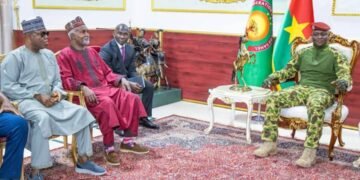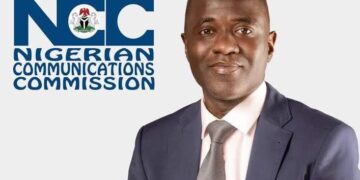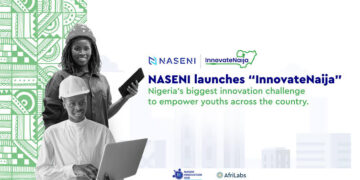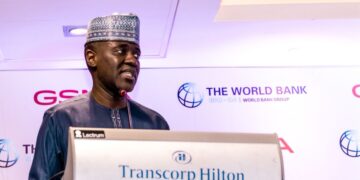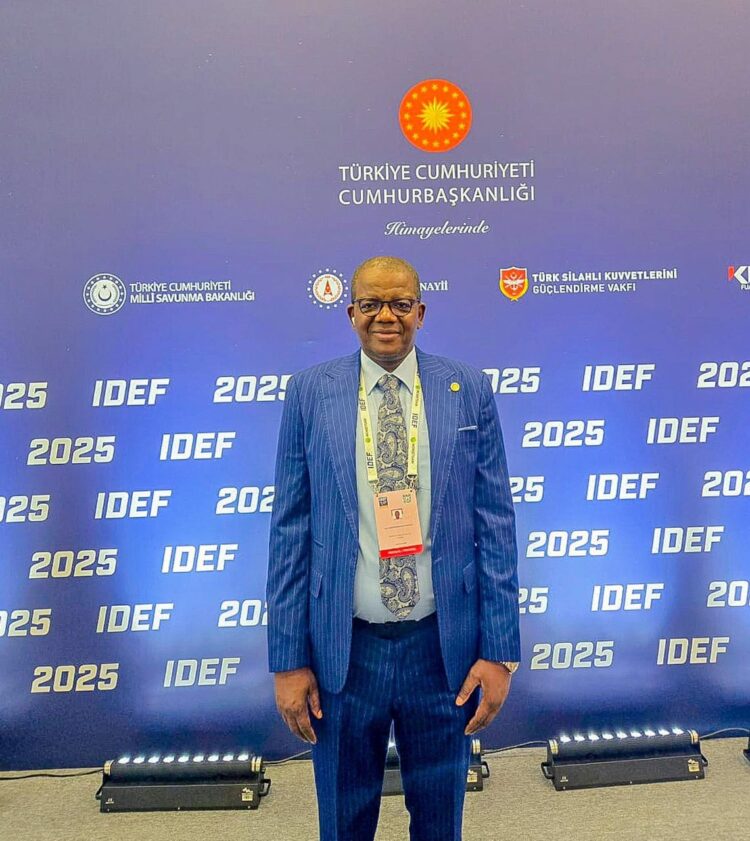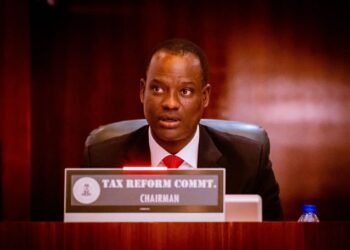By Dahiru Hassan Bashir
Diplomacy is often imagined as being the preserve of foreign ministries, ambassadors, and state visits. Yet, in the modern international system, the armed forces and defence institutions have also become key diplomatic actors. This practice—known as defence diplomacy—is an increasingly vital tool in advancing national interests, building alliances, and projecting soft power without firing a shot.
At its core, defence diplomacy is the peaceful application of a country’s defence resources and capabilities to achieve broader foreign policy goals. Unlike the traditional image of “gunboat diplomacy,” where the threat of force was central, defence diplomacy is about dialogue, cooperation, and confidence-building. It emerged prominently after the Cold War, as countries recognised the need to use their militaries not only for deterrence but also for creating stability, preventing conflicts, and strengthening partnerships.
The instruments of defence diplomacy range from high-level ministerial exchanges, joint military training, and professional education for foreign officers, to security sector reforms and humanitarian support in times of crisis. Countries like the United Kingdom, the United States, Singapore, Australia, and Canada have long institutionalised defence diplomacy as a strategic element of statecraft. Nigeria, too, is increasingly adopting this approach, and at the forefront of this effort is Dr. Bello Matawalle, Minister of State for Defence.
Since assuming office, Dr. Matawalle has been deliberate in positioning Nigeria as an active player in international security cooperation. His engagements tell a story of how defence diplomacy works in practice.
In April 2025, Matawalle met with a delegation from the United States Africa Command (AFRICOM), led by Major General Garrick M. Harmon. Their discussions focused on counterinsurgency operations, regional stability, and sustaining pressure against terrorist networks across Nigeria and the wider Sahel. A few weeks later, he hosted the U.S. Defence Attaché in Abuja, reinforcing the operational ties between the Armed Forces of Nigeria and their American counterparts. These meetings exemplify defence diplomacy’s first principle: cultivating mutual trust and ensuring that military cooperation serves long-term stability.
Matawalle’s diplomatic engagements extend well beyond traditional partners. In August 2025, he travelled to India for high-level talks with his counterpart, Minister Sanjay Seth. Their discussions covered counter-terrorism training, maritime security, hydrography, and defence industry collaboration. The visit reaffirmed a historical military relationship dating back to the early 1960s and opened new avenues for industrial partnerships—proof that defence diplomacy is also about economic and technological cooperation.
Another hallmark of Matawalle’s approach has been his focus on strengthening Nigeria’s indigenous defence industry. In March 2025, he received a high-level delegation from China’s NORINCO, one of the world’s largest defence conglomerates. Their talks centered on technology transfer and capacity-building for the Defence Industries Corporation of Nigeria (DICON), underscoring the strategic importance of defence diplomacy in industrial development.
Similarly, engagements with Bosnia and Herzegovina, Turkey, and Azerbaijan have showcased Nigeria’s openness to exploring diverse partnerships. At the IDEF 2025 Defence Industry Exhibition in Istanbul, Matawalle met with Turkish, Azerbaijani, and other defence leaders, highlighting Nigeria’s intent to be part of the global conversation on security innovation and military-industrial cooperation.
Participation in international exhibitions and forums—such as Brazil’s LAAD 2025 and Turkey’s IDEF 2025—demonstrates how Nigeria is positioning itself as a serious player in global defence diplomacy. These platforms are not just trade shows but strategic arenas where countries project influence, build networks, and explore cooperative solutions to shared security challenges. By leading Nigeria’s delegations, Matawalle is ensuring the country has a voice in shaping the global security agenda.
The logic of defence diplomacy is clear: security cannot be achieved in isolation. In a world where terrorism, piracy, cyber threats, and transnational crimes transcend borders, cooperation among militaries and defence institutions is indispensable. Defence diplomacy, therefore, is less about showcasing military might and more about cultivating the relationships and trust that allow for joint responses to shared threats.
For Nigeria, this approach is crucial. With challenges ranging from Boko Haram insurgency to piracy in the Gulf of Guinea, building strong defence partnerships is as much about protecting sovereignty as it is about ensuring regional stability. Matawalle’s engagements—from Washington to New Delhi, from Beijing to Istanbul—illustrate how Nigeria is weaving itself into the global fabric of defence cooperation.
Like all diplomacy, defence diplomacy has its limits. It cannot resolve deep political disputes on its own, nor can it substitute for domestic reforms or political will. But it can build the bridges of trust and technical cooperation that underpin long-term peace and stability.
Dr. Matawalle’s deliberate engagements show Nigeria leaning into this reality. His strategy reflects not only the Renewed Hope Agenda of President Bola Ahmed Tinubu, which prioritises security and indigenous capability, but also a recognition that Nigeria’s defence future is best secured through collaboration, not isolation.
In this way, Nigeria’s Minister of State for Defence is writing a chapter in the evolving global story of defence diplomacy—where the tools of war are increasingly employed for the cause of peace.
– Dahiru Bashir Hassan is a security researcher and writes from the FCT

